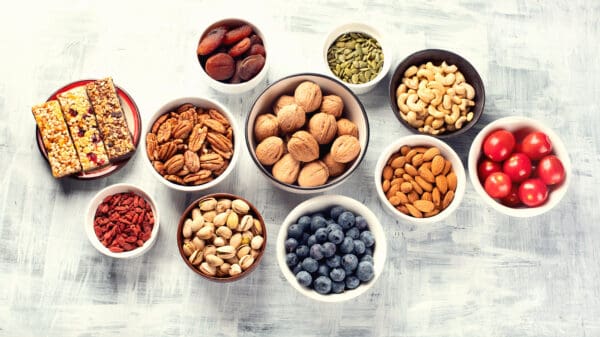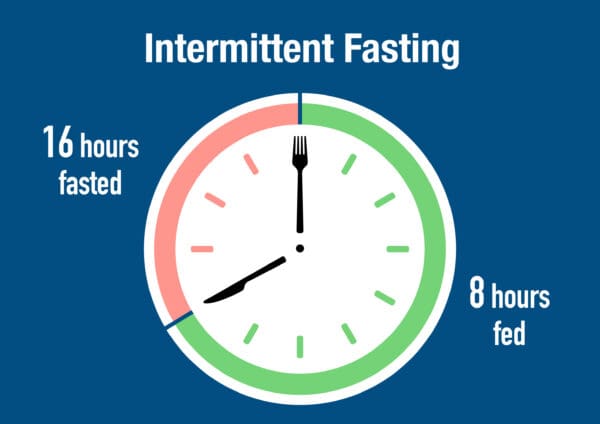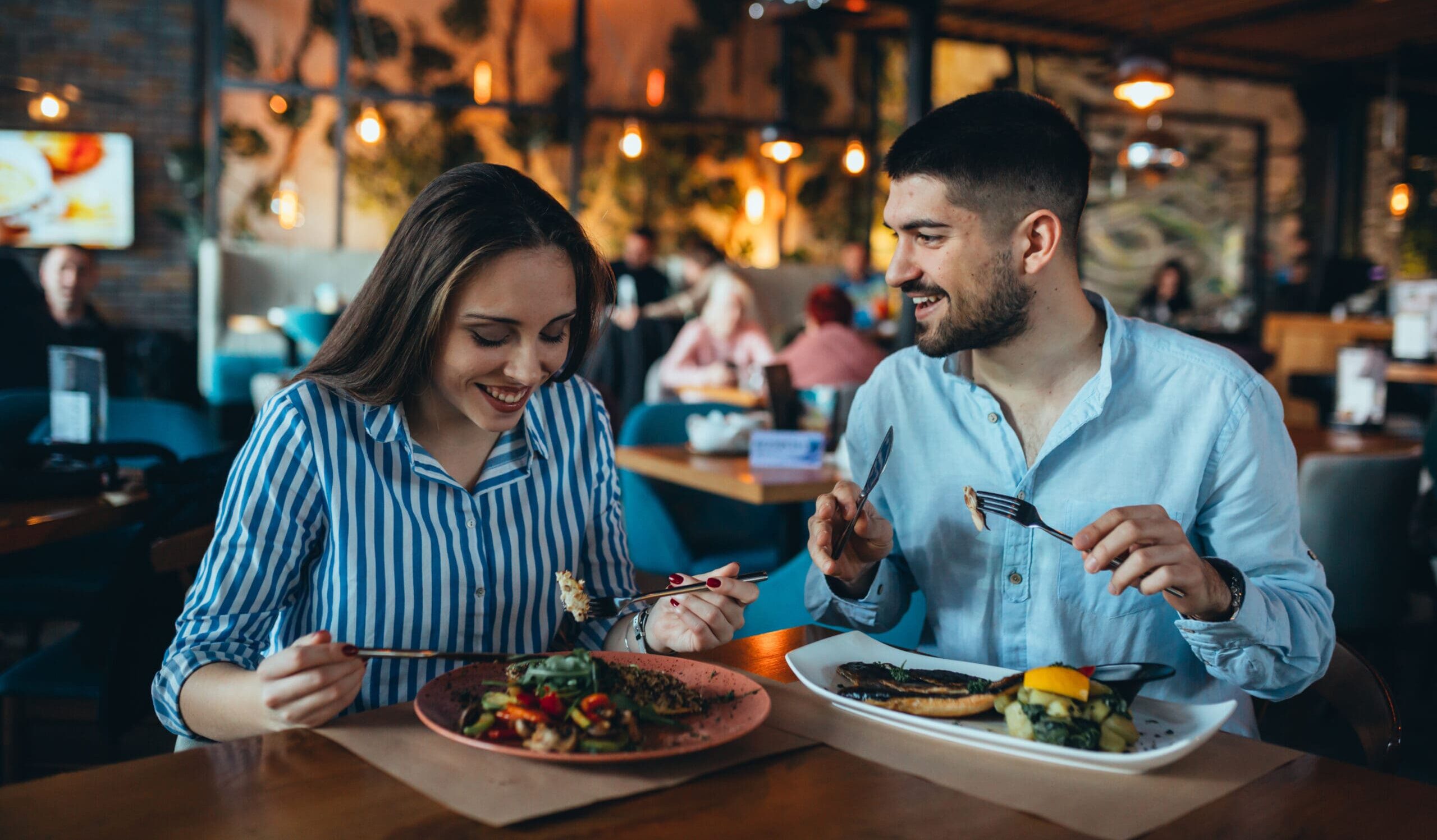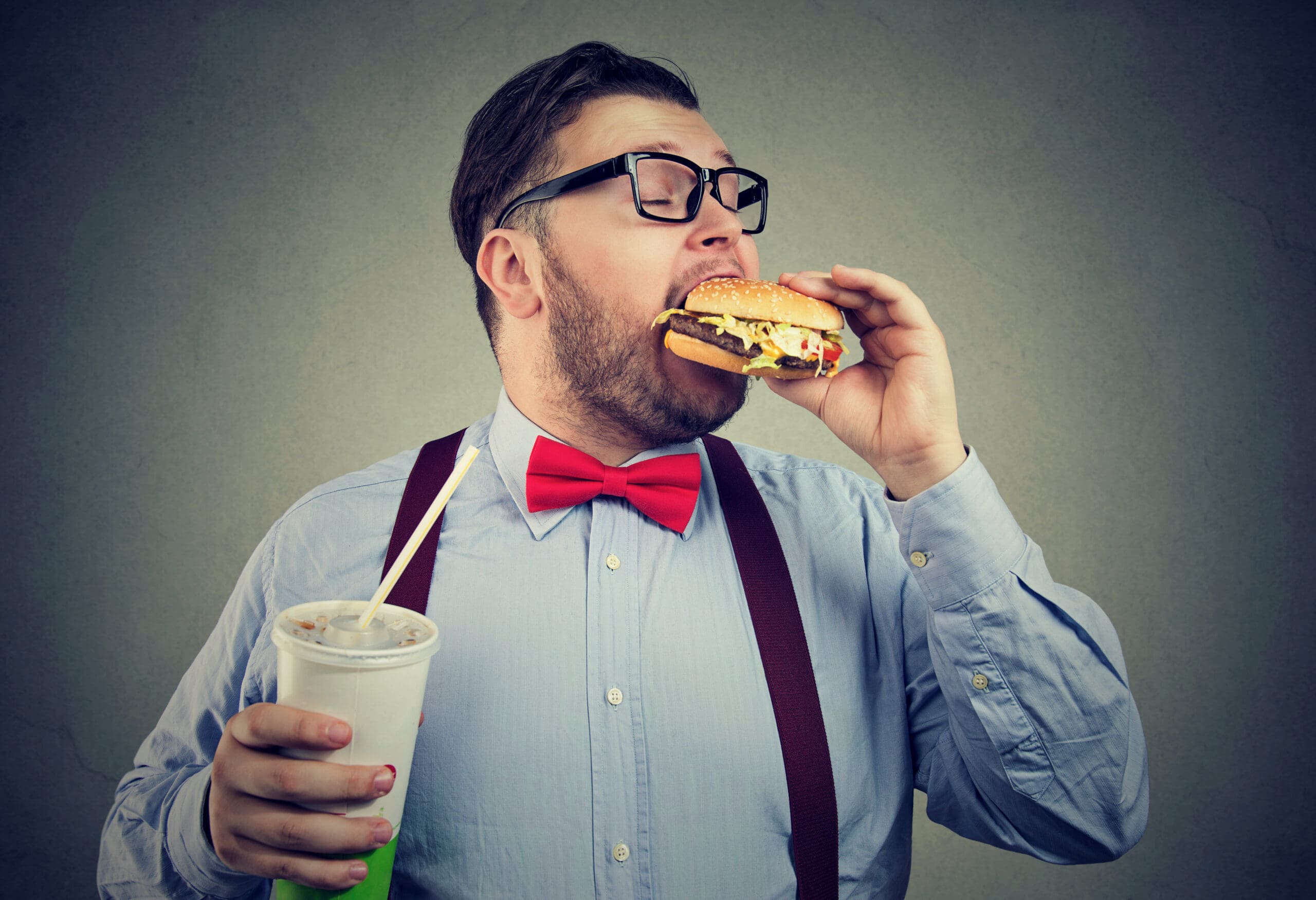5 Tips To Avoid Overindulgence When Eating Out
By Jessah Shaw, Adv Dip (Nut Med)
Are you familiar with the feeling of going out to a restaurant to eat and afterwards feeling so full to the point of bursting? This is a common occurrence for a lot of people and not only are you left feeling physically awful, but may also be left feeling ashamed or guilty. This may create a negative cycle that leads to more bad decisions and further weight gain. To avoid post-meal bloating and/or fullness, read the below tips:

Do your research
The majority of restaurants nowadays have their menu available to view online. This is especially handy for individuals with dietary restrictions as well as allowing you to have more of an idea of what to order so you are likely to make better choices. A lot of restaurants generally also allow changes to be made such as asking for sauce/dressing on the side or swapping chips for salad to reduce the number of carbohydrates you are consuming.

Don’t go on an empty stomach
If you have heard it is not good to go food shopping on an empty stomach, the same principle applies to eating out. If you are feeling ravenous, you are likely to have less willpower and are far more likely to make unhealthy choices and pick something involving bread or fries over a protein and salad option. Appropriate snacks include a couple of boiled eggs, avocado, handful of nuts, piece of fruit, protein smoothie, etc.

Stay hydrated
This should go without saying, but ideally you should be drinking 1.5 to 2 L of water a day. Staying hydrated is important for our digestion, skin, brain health as well as protecting joints and organs and maintaining body temperature. Get into the habit of carrying a bottle of water with you everywhere you go. It’s very common for people to confuse thirst with hunger and eat more to compensate for the fact that they are thirsty. Your first order of business when eating out should be to make sure table water is available.

Consider intermittent fasting
Intermittent fasting just means cycling between periods of eating and fasting. 16:8 method is the most common method and involves fasting for 16 hours and eating over an 8 hour period. This usually means skipping breakfast and only eating lunch and dinner. Ordinarily, your body breaks down carbohydrate into glucose to provide you with energy. When your body doesn’t get enough carbohydrate or calories for energy, it begins using fat cells for energy. Intermittent fasting triggers your body to burn stored fat for fuel because it’s not getting as much carbohydrate. Not only can intermittent fasting boost weight loss, it can also improve digestive health, stabilise hunger hormones, and reduce inflammation.
Read this article for more information: https://www.cabothealth.com.au/5-health-benefits-of-intermittent-fasting/#

Be kind to yourself
Despite our best intentions, it’s not always possible to find healthy options wherever you go. You may be attending an event where the food is pre-ordered, or you may be overseas and can’t decipher the menu. Or you may really be in the mood where you want to treat yourself to a dessert, cocktail or garlic bread. If that’s the case, choose one area to indulge and don’t overdo it. For instance, if there is a dessert item you simply can’t go without, skip the alcoholic beverage and bread starter. Or even share the dessert with a friend or partner to halve the amount of calories.








Leave A Comment